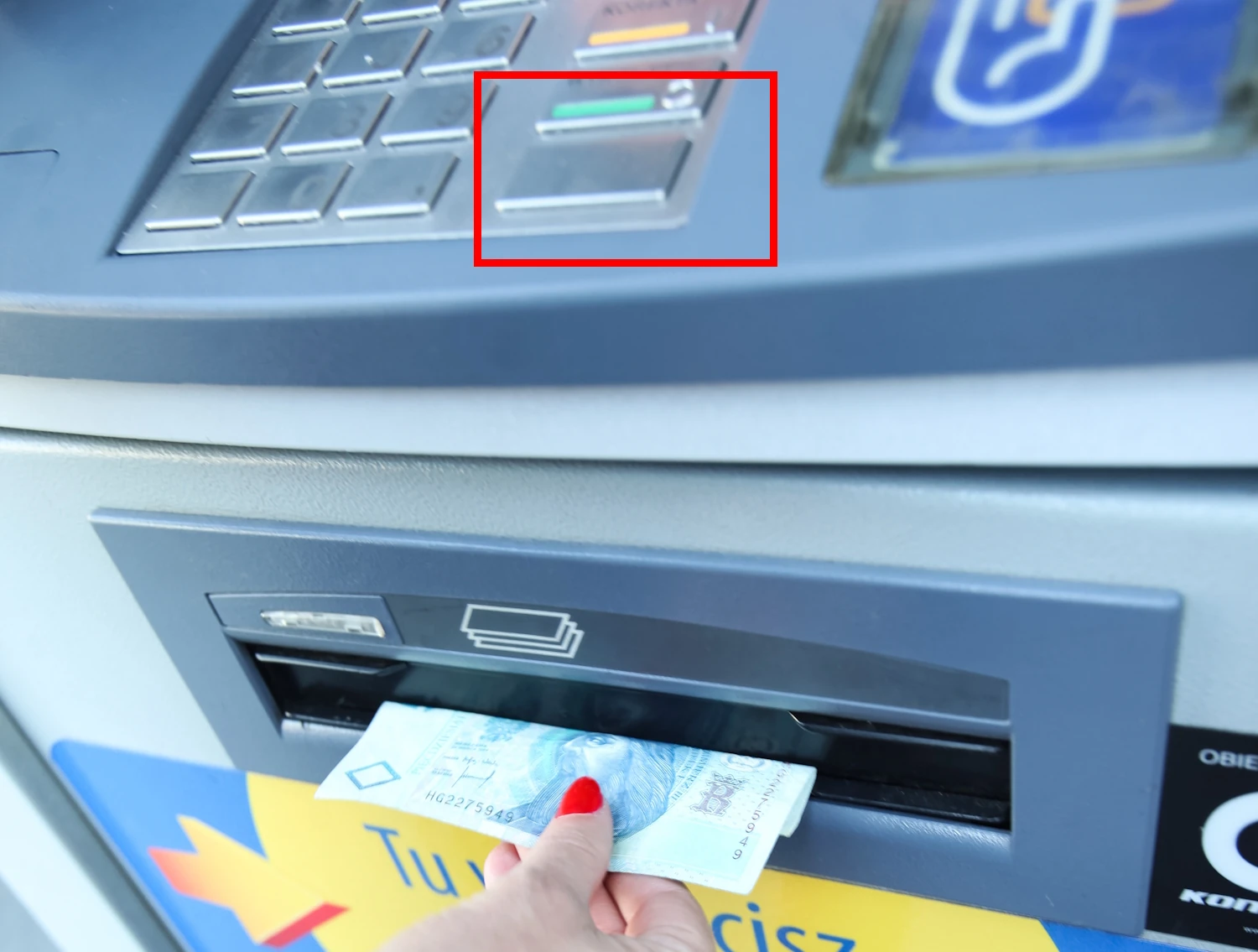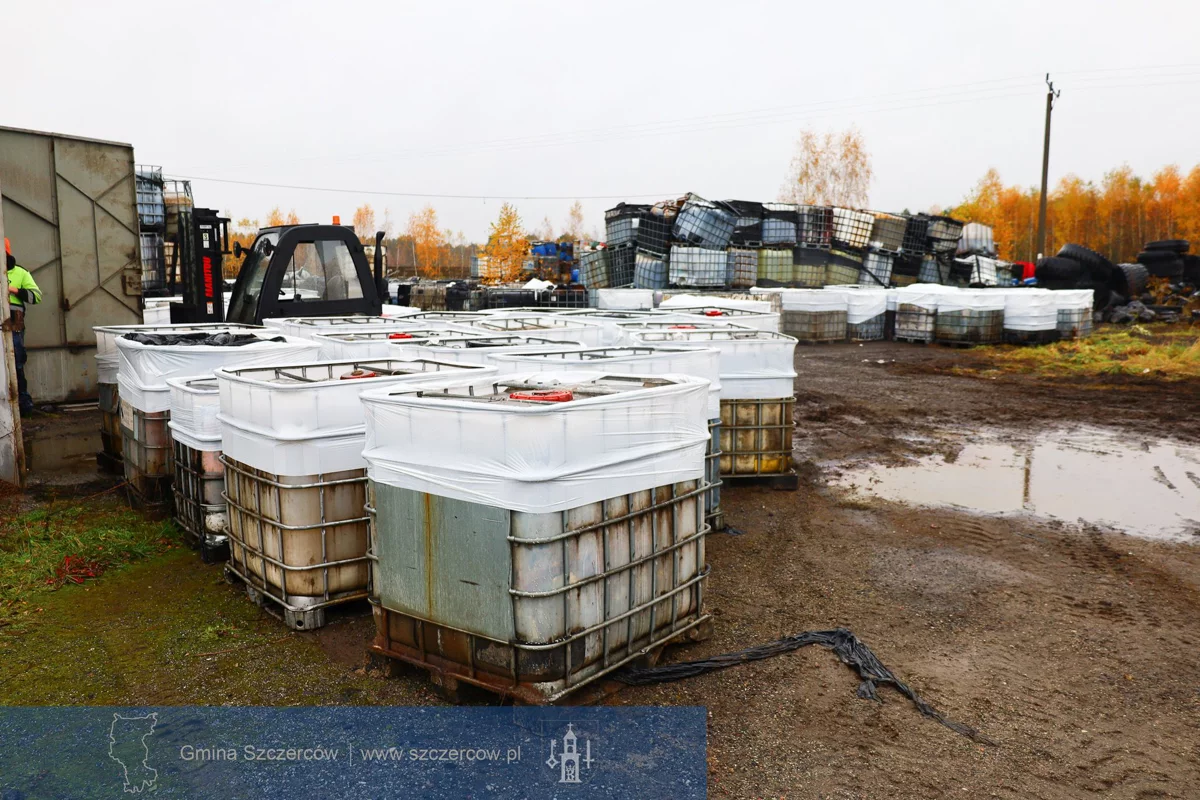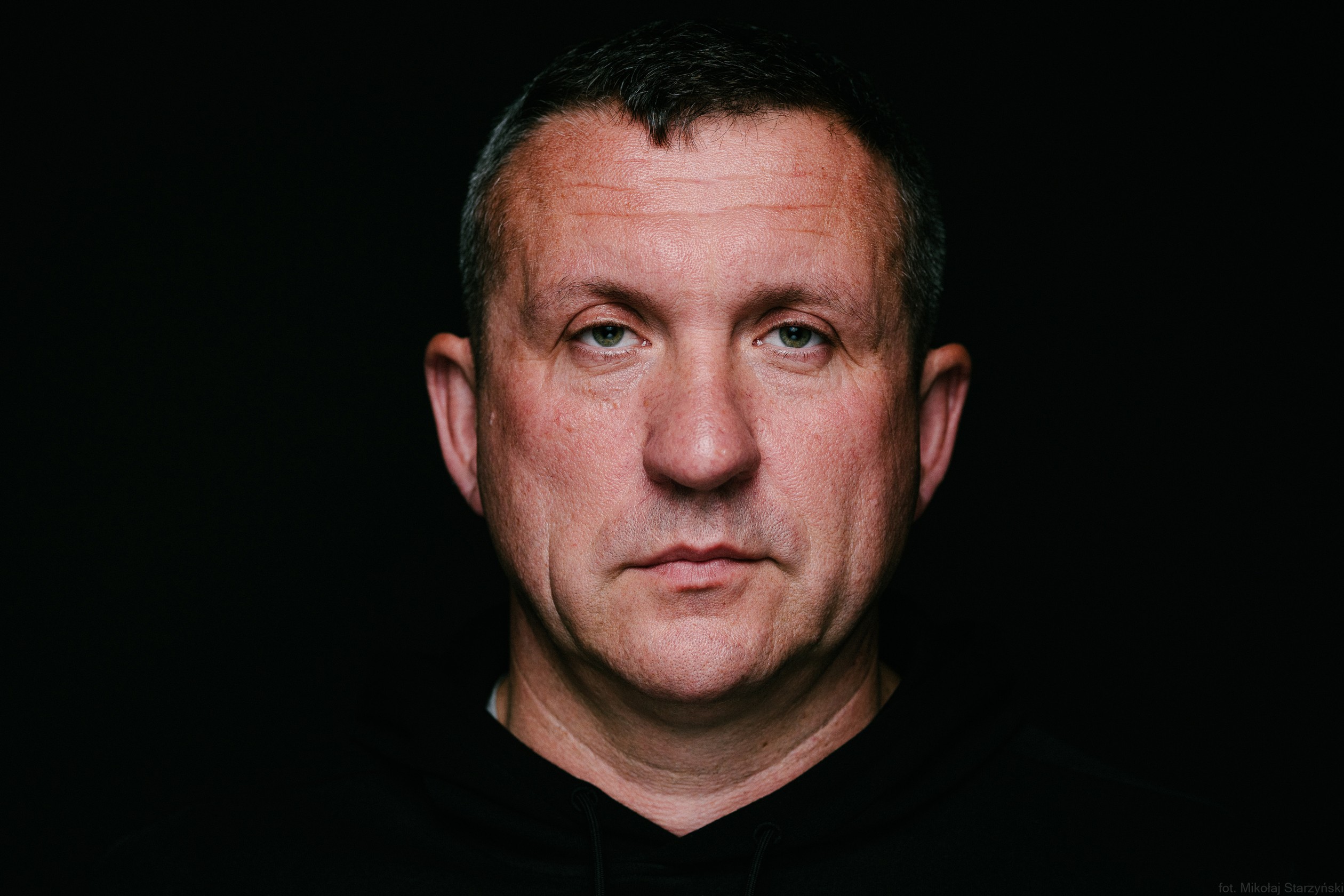The number of potential victims of modern slavery referred to the Home Office has reached a record high, rising by almost a third in a year. There were 5,690 people referred between April and June this year - a seven per cent increase on the previous three-month period and a 32 per cent rise from the same quarter last year.
This represents the highest number of referrals in a single quarter since the national referral mechanism (NRM) began in 2009. Data published earlier this year showed a record high for the whole of 2024, when a total of 19,125 potential victims in the UK were referred to the Home Office, up from 16,990 the previous year.
UK nationals most affected
People of UK nationality were the most commonly referred to the NRM, the Government said, accounting for 23 per cent of referrals. The figure of 1,286 was the highest number of referrals for UK nationals in a quarter since the NRM began.
The next most common nationalities were Eritrean, accounting for 11 per cent or 641 people, and Vietnamese, also making up 11 per cent or 599 people. To access support and have recognition of their circumstances in the UK, victims of slavery and human trafficking have to be assessed under the NRM.
Boys disproportionately exploited
Almost three-quarters of all referrals were male - 74 per cent - while 26 per cent were female. Among child referrals, 79 per cent or 1,364 were boys while 20 per cent or 351 were girls.
The Home Office said in the latest quarter males most often reported criminal or labour exploitation while females most often reported sexual exploitation. For the most recent period, 457 county lines referrals were flagged, of which the majority were for boys.
Government tackles case backlog
There were 11,547 cases which had been issued a positive initial decision, known as a reasonable grounds decision, but were awaiting a final conclusive grounds decision. This was down from 14,075 at the end of the previous quarter and 23,586 cases at the end of June 2024.
The Government has vowed to clear the backlog of cases awaiting a conclusive grounds decision by December 2026. The average time cases had to await a conclusive grounds decision once the initial reasonable grounds decision was issued stood at 304 days at the end of June, down from a 474-day wait at the end of the previous quarter.
System failing victims
Independent anti-slavery commissioner Eleanor Lyons argued the system as it stands is not working for victims. She said: "Today's figures show that a record numbers of victims of modern slavery are being exploited on our streets and in our communities."
"Shockingly, a record number of young boys are being exploited and more UK nationals are victims of modern slavery than ever before," Lyons said. "Against this backdrop of rising exploitation, the system that should identify and support victims is not working, victims have lost trust in it, there are long delays for victims, and there is poor decision-making."
She added: "This must change. Government must act to making tackling modern slavery a priority, supported with proper funding and a strategy. Victims of modern slavery deserve more, we must act now to support the increasing number of victims, children and UK nationals being exploited." The Home Office has been contacted for comment.
(PA) Note: This article has been edited with the help of Artificial Intelligence.


















